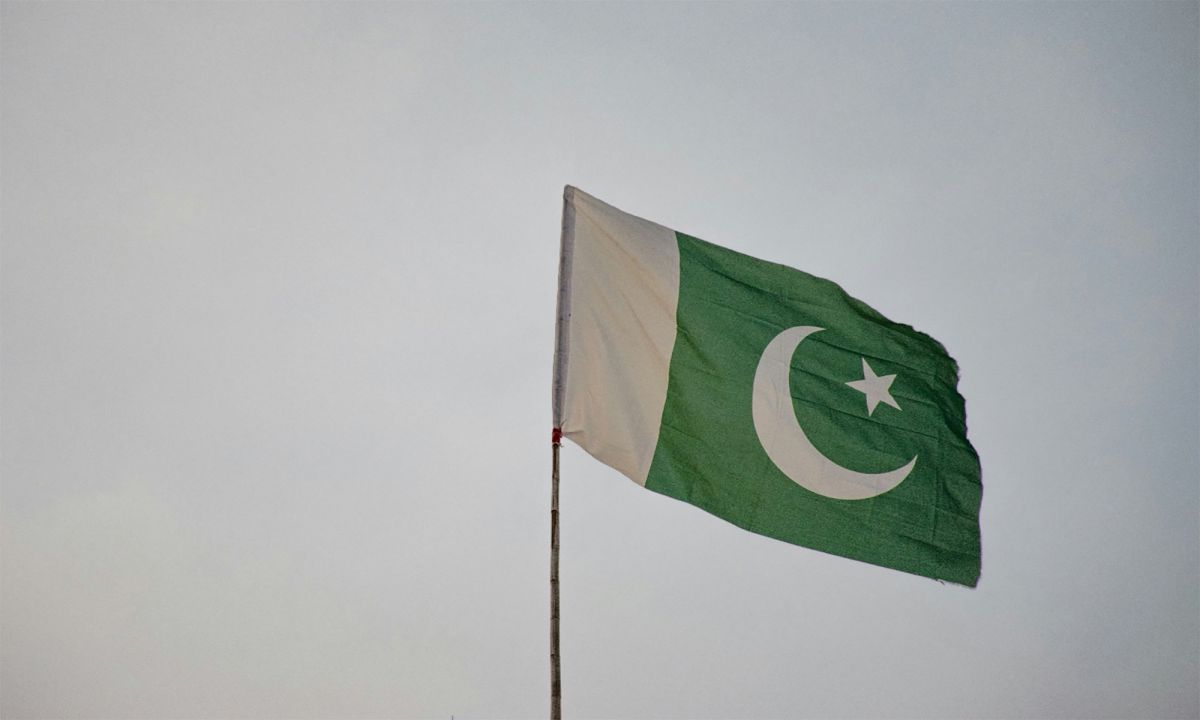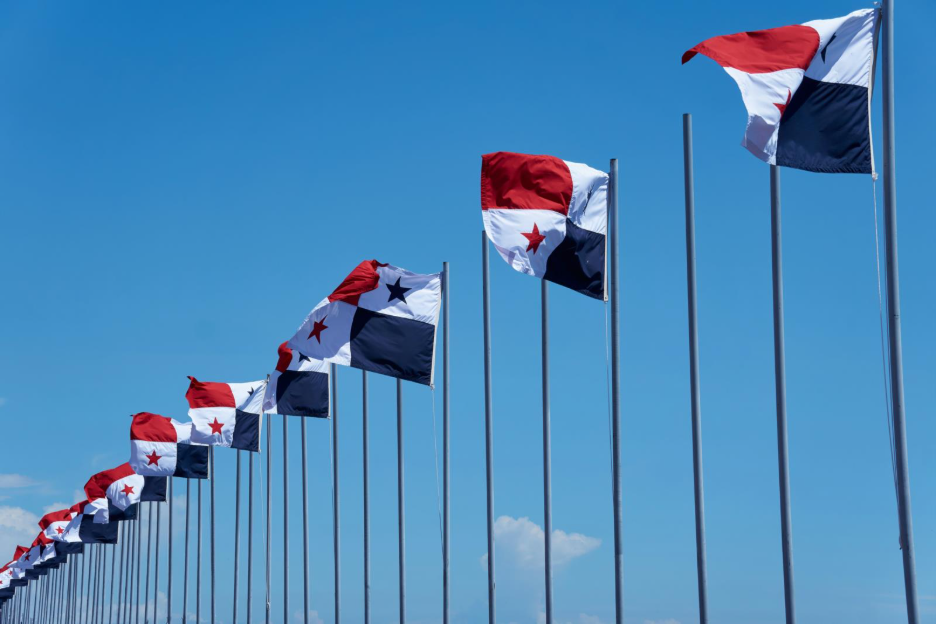
Economy, International Markets, Week in Review
Pakistan’s economic crisis: Debt, inflation and recovery
After a tumultuous election period, the Pakistani government now must deal with fallout from the country’s mount of foreign debt. The State Bank of Pakistan estimated its debt to be $124.5 billion and 42% of GDP. Though this is not extremely high based on international standards, Pakistan’s annual foreign exchange earnings through exports show that they are not enough to pay for imports.

After a tumultuous election period, the Pakistani government now must deal with fallout from the country’s mount of foreign debt. The State Bank of Pakistan estimated its debt to be $124.5 billion and 42% of GDP. Though this is not extremely high based on international standards, Pakistan’s annual foreign exchange earnings through exports show that they are not enough to pay for imports.
The country’s post-pandemic recovery started off strong but came to a halt in FY23. Economic disruption stemmed from a few factors, with pressures from:
- Domestic prices
- External and fiscal balances
- Exchange rates
- Foreign exchange reserves
All happening while world commodity prices have surged, global monetary policy has tightened and ongoing domestic political uncertainty—causing economists confidence in the Pakistani economy to diminish.
Real GDP growth is expected to be modest in FY24. Pakistan is reported to have received a nine-month loan package from the IMF back in June 2023 to help the country stay away from default on sovereign debt obligations amid fiscal strains. Domestic issues also may slow increased export earnings expected in 2024, however, the Federal Investigation Agency’s 2023 laws on illegal foreign exchange dealers has helped stabilize the rupee-USD exchange rate. “There is no decade in which we have not stumbled through a balance-of-payment crisis and suffered ‘sudden stops’ in our economic management, accompanied by rapid, unplanned devaluations of the rupee and a painful spike in the costs of living,” Ali Hasanain, an associate professor of economics at Lahore University of Management Sciences told Al Jazeera. “The government badly needs a plan to tackle this fact. But since this appears almost certainly infeasible, we need to negotiate with our lenders, either through a restructuring of our debt, or through offering equity in Pakistani assets.”
Inflation has spiked more than 30% and approximately 70% of Pakistanis agree that economic conditions have worsened since 2023, according to a Gallup survey poll. Just last June, the country faced threat of default with foreign reserves plunging to $4.4 billion—and more than 50% of the rupee’s value fell against the USD. Though Pakistan’s economic and financial position has improved slightly, “Policy and reform efforts are required to address Pakistan’s deep-seated economic vulnerabilities amidst the ongoing challenges posed by elevated external and domestic financing needs and an unsettled external environment,” according to the IMF. “The State Bank of Pakistan remains committed to maintaining a prudent monetary policy to lower inflation and ensure exchange rate flexibility and transparency in the operations of the FX market.”
By the numbers: Customers in Pakistan have averaged 34 days beyond terms, with 100% of credit professionals saying payment delays have increased, per the FCIB Credit and Collections Survey. The most common causes for payment delays are cash flow issues (100%), inability to pay (100%), billing disputes (100%) and unwillingness to pay (100%).
What FCIB Credit and Collections Survey respondents are saying:
- “Make sure you have received CIA deposit into your bank account before shipping. Central bank has been holding USD up to 10 days.”
- “It is important to know customer’s payment process to avoid misunderstandings or delays due to administrative issues.”
- “Follow up with the customer’s procurement and finance department as many times as necessary.”
- “Obtain financial statements on your customers and backstop sales with credit insurance.”
The FCIB Credit and Collections Survey is now open. It covers Argentina, Canada, France and Japan. You will earn ICEU/participation credit for your input. Be sure to share the link with your credit and collections network.






